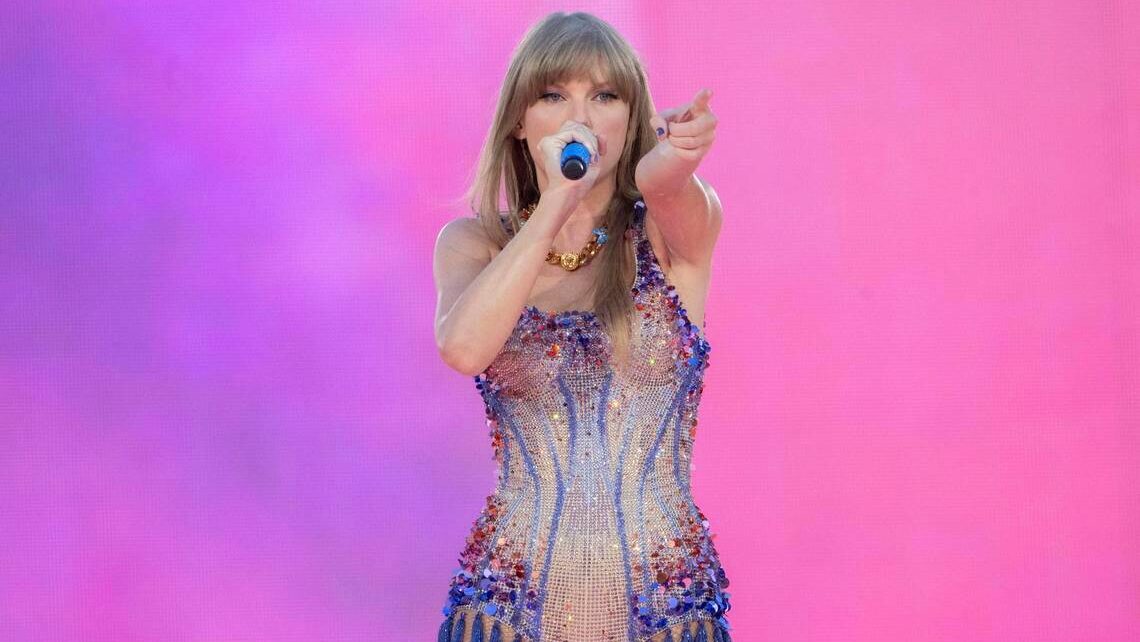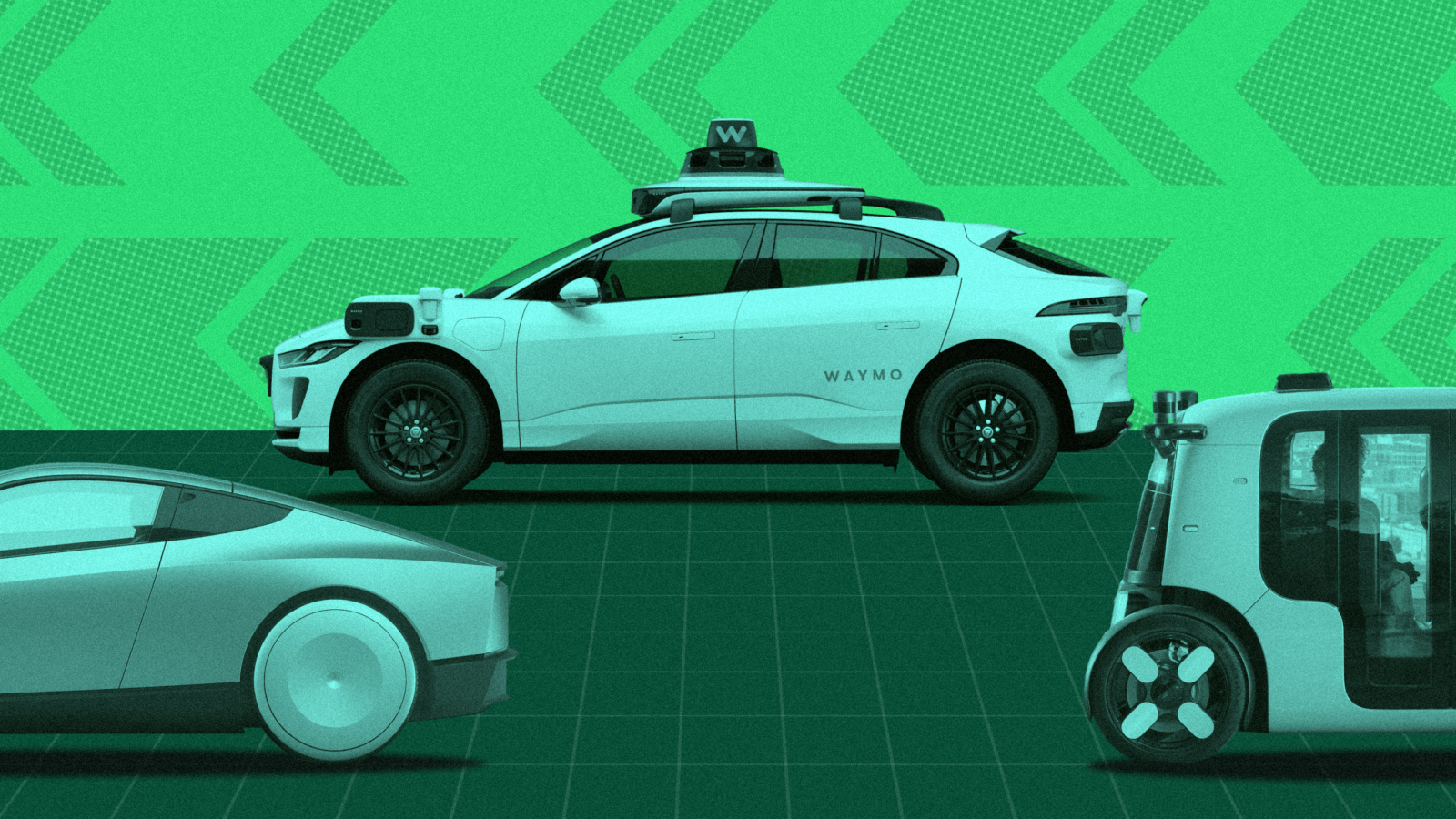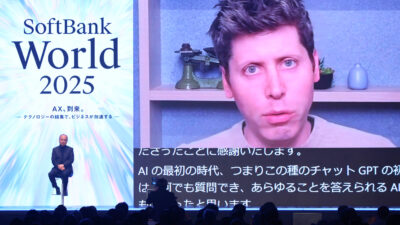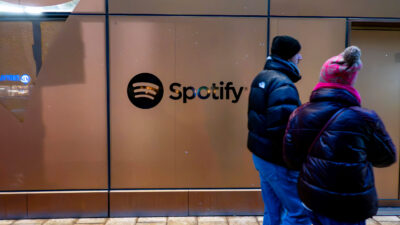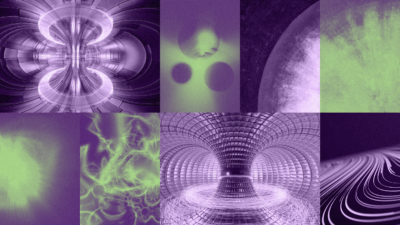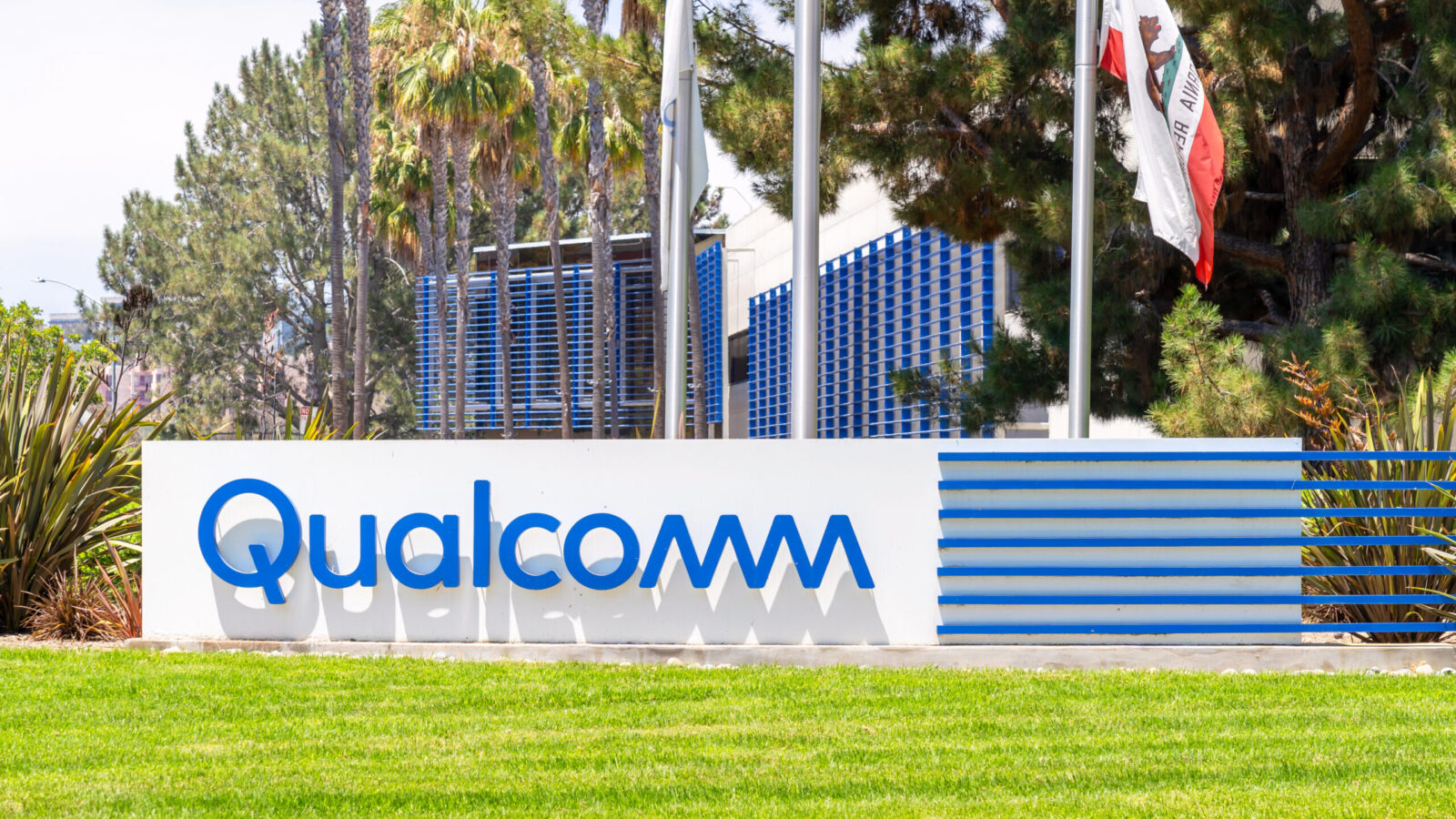Unchained Melodies? Recording Giants Finetune Deals for Sharing Music Libraries With AI
Universal and Warner are said to be pushing AI startups to develop an attribution system that can track when an artists’ music is used.
Sign up for smart news, insights, and analysis on the biggest financial stories of the day.
Prepare your ears for more AI Drake beats, because the music industry is embracing the uncanny valley that is AI-generated tunes.
Universal Music and Warner Music are nearing AI licensing deals, according to a report by the Financial Times. The labels are reportedly in talks with AI startups including ElevenLabs, Stability AI, Suno, Udio, and Klay Vision, as well as Spotify and Google.
The deals would allow tunes from the labels’ massive libraries (Taylor Swift, Charli XCX, Ariana Grande and many more) to be fed into the AI companies’ large language learning models, influencing the music the generators create. Universal and Warner are reportedly pushing startups to develop an attribution system that can track when an artist’s music is used, prompting a micropayment each time a song using that music is played.
It may not be so simple.
The Era of AI Music is Already Here
Spotify said it wiped 75 million AI-generated tracks from its platform last year, while French streamer Deezer said last fall that nearly a third of all its track uploads were created using AI. The music industry doesn’t want to miss out on that moolah:
- The big three music labels — Universal, Warner and Sony — sued AI startups Suno and Udio last year, alleging the industry newcomers violated the labels’ copyrights “en masse.” Universal’s and Warner’s upcoming deals would reportedly include settlements for these ongoing suits, paying back the labels for past music use. Sony said it’s in talks with companies that have “ethically trained models.”
- AI startup Eleven Music has already signed licensing deals with Merlin and Kobalt, companies that handle music rights for artists such as Phoebe Bridgers and Adele. The Kobalt deal splits royalties 50/50 with the AI generator.
The Next Napster: Labels may have a hard time becoming besties with AI overnight, with executives telling the Financial Times that deals between the two will be trickier than in streaming, a.k.a. the last major tech advance that upended the music industry. AI models are trained on tens of millions of music files, and it’s not always clear exactly which sources generators draw from when they create something new. Deals in other creative industries have involved one-time lump sums: For instance, HarperCollins charges $5,000 per book used to train AI.
